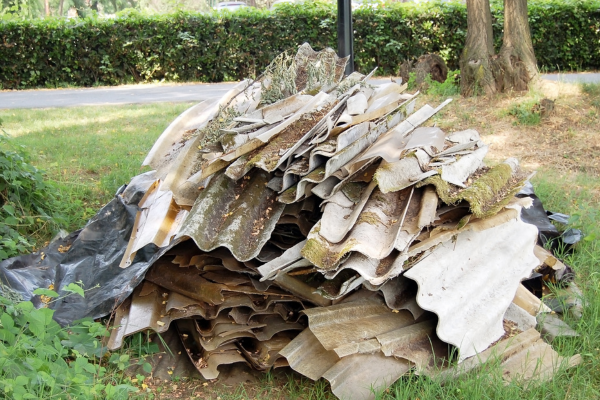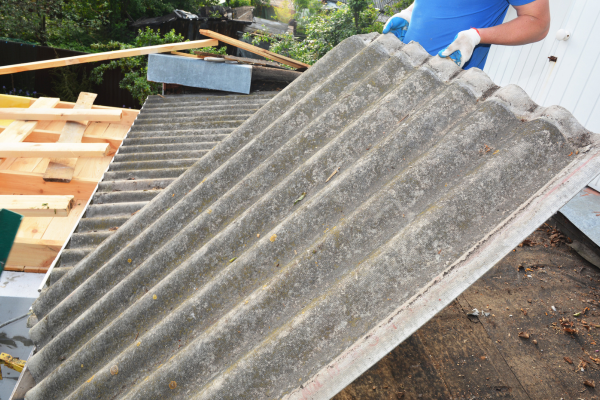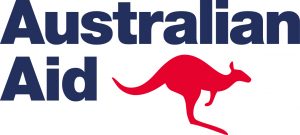In the last decade, Vietnam has been one of the 10 biggest consumers of asbestos globally. Vietnam ranks 7th in the world in consumption of chrysotile asbestos per capita. Vietnam imports between 60,000 to 70,000 tons of chrysotile asbestos annually, of which over 90% is used in roofing production. The amount of manufactured asbestos roof sheets is more than 100 million metres square per year, according to statistics from the Ministry of Construction. Asbestos roof sheets are widely used in the houses of ethnic minority peoples in mountainous areas. This is due to a few reasons, including a desire to replace thatched roofing, the cheaper price of asbestos, the lack of non-asbestos alternatives in some areas and higher rates of poverty and lower income compared with other regions.
In 2021 and 2022, as part of the campaign to eliminate asbestos-related diseases in Vietnam, Union Aid Abroad – APHEDA and experts of Vietnam Occupational Safety and Health Association (VOSHA) conducted a survey across regions in Vietnam. The objective was to assess current manufacturing of asbestos roof sheet, its supply and application among some ethnic minority areas, and the barriers to the supply and sale of alternative roof sheet products in selected remote provinces. The survey team implemented the tasks in 11 communes of nine provinces in four regions of Vietnam: northern mountainous area, northern delta, northern central and central highland. More than 200 questionnaires were distributed to households and building materials stores, together with a study of the situation of asbestos roof sheet factories in Vietnam.
Decrease in the manufacture and import of asbestos
Results from the study show there has been a very significant decrease in the asbestos roof sheet market in Vietnam recently. In 2015, 58,000 tons of asbestos fibre was imported into Vietnam but this dropped sharply to about 20,000 tons in 2019. The quantity of asbestos roof sheet manufacturers also decreased from 41 (in 2015) to 20 (in 2020), while production declined from more than 118 million metres squared in 2015 to 28 million metres squared in 2019.
This means there has been a dramatic, recent change in the market. There are two main reasons for this, according to the survey. Firstly, competition from the growing availability of substitute products that are sold at a reasonable price. Secondly, some sectors are much more aware of the hazards of asbestos. From the point of view of the campaign to eliminate asbestos-related diseases, these results are very encouraging. It points to the effectiveness of advocacy to raise awareness among communities and policy-makers about the risks of exposure to asbestos. The survey also contributes to the development of approaches for the campaign in the future. The study also provided details of alternative non-asbestos materials which are available in Vietnam.
This survey gives an overview of the situation of asbestos roof sheet manufacturing and consumption in Vietnam in recent years. Though some parts of the picture have not been fully revealed due to a lack of official statistics and information, the results are clear in the dramatic drop in asbestos imports, manufacture and consumption. The impact and achievements of the campaign to warn of asbestos exposure risks can be clearly seen as playing a part in this change.
However, communication and information for communities and policymakers is still needed. The focus will be to promote the advice of the World Health Organisation and International Labour Organisation for countries to stop using asbestos, to warn of cancer risks from exposure and to promote regulation and rapid transition away from the import, manufacture and use of these hazardous products completely, just as 67 other countries have already done.
The full study report will be available on the APHEDA website shortly.
***
This project is supported by the Asbestos Safety and Eradication Agency and the Australian Government through the Australian NGO Cooperation Program (ANCP).


